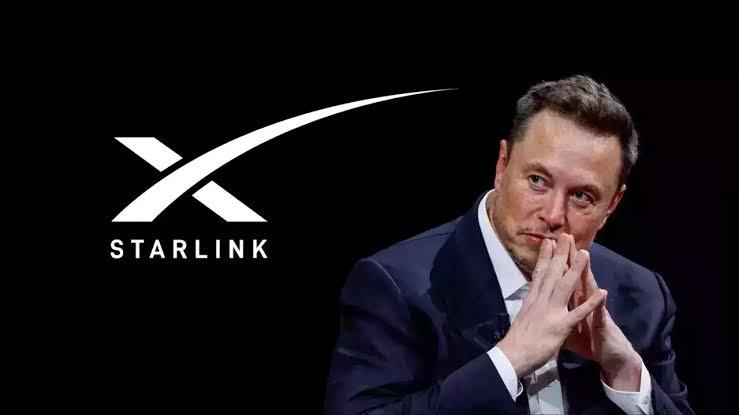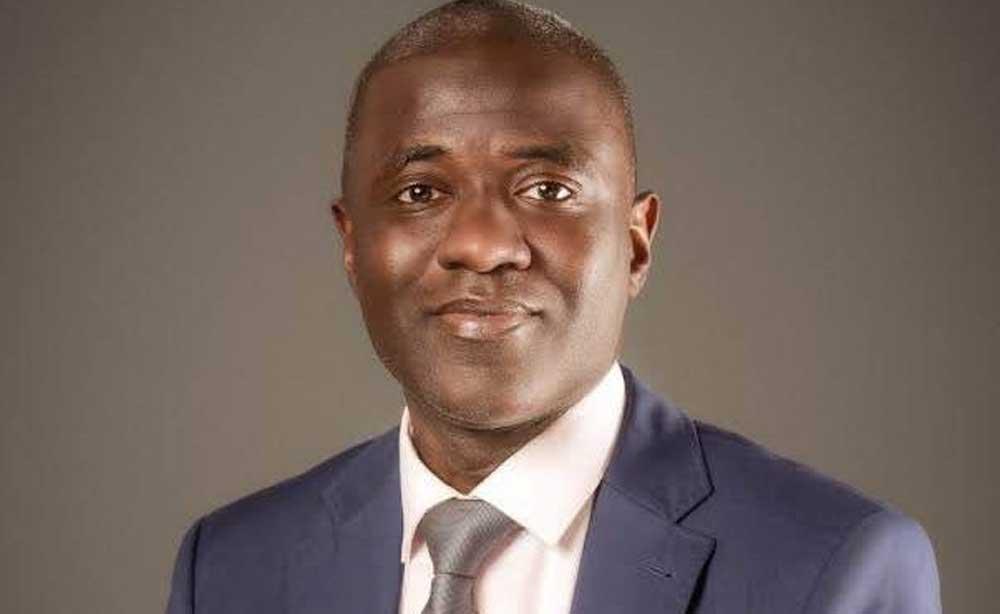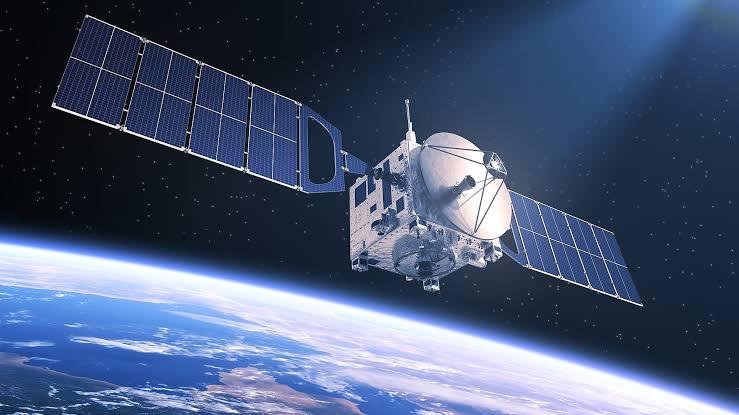
Lesotho is under increasing pressure to grant Starlink, the satellite internet service owned by SpaceX, an operating license to provide coverage in the country. The discussions around Starlink’s application have intensified as the government seeks ways to attract more U.S. investors and improve the country’s economic outlook. However, this move has faced significant opposition from local businesses and civil groups concerned about the lack of Basotho (local) ownership in the company.
Prime Minister Samuel Matekane has made it clear that his government is working to eliminate barriers for U.S. companies like Starlink to operate in Lesotho. He believes granting Starlink an operating license will stimulate the economy, especially amid the struggles caused by U.S. tariffs on imports under the African Growth and Opportunity Act (AGOA). However, local opposition is building due to concerns about foreign ownership.
Vodacom Lesotho’s managing director, Mohale Ralebitso, expressed concerns during public consultations, calling for Starlink to include local shareholding as part of its license approval. Ralebitso suggested this could lead to beneficial partnerships with local businesses and enhance economic inclusion in the country. A rights group, Section Two, has also raised objections, arguing that Starlink Lesotho is fully foreign-owned, with no local ownership or room for Basotho participation.
In contrast, local telecom companies like Econet Telecom Lesotho and Vodacom Lesotho have a significant portion of their ownership held by local entities. Econet Telecom is 30% owned by the government, and Vodacom Lesotho has 20% local ownership. This model ensures that profits and decision-making remain within the country, which is a concern when it comes to fully foreign-owned companies like Starlink Lesotho.
Section Two has requested that Starlink allocate at least 30% of shares to local citizens or Basotho entities before being granted an operating license. They argue that a fully foreign-owned company could overlook important national issues, such as improving connectivity in remote areas.
Compounding these concerns are the ongoing U.S. tariffs on goods imported from Lesotho, which threaten jobs in the country’s textile industry. Prime Minister Matekane has urged the U.S. for relief, seeing Starlink’s license approval as a potential way to improve relations with the U.S. However, Section Two argues that linking Starlink’s license approval to tariff relief is inappropriate, stressing that the main issue is Starlink’s foreign ownership.
The Lesotho Communications Authority (LCA) is still reviewing public input on the matter. While Matekane is keen to remove barriers for foreign investment, local stakeholders are adamant that any approval must ensure local participation. Balancing foreign investment with national interests remains a delicate issue that could shape the country’s economic and political future.
Technology

Tanzania Blocks Access to X Over Pornography and Security Concerns
Tanzania has blocked access to the social media platform X, formerly known as Twitter, citing concerns over pornographic content that violates the country's cultural and legal standards.

NCC Orders Telcos to Notify Nigerians of Major Network Outages
Telecommunication companies in Nigeria must now inform customers in advance about major service disruptions on their networks.

Nigeria Approves Launch of Four Satellites for Security, Earth Monitoring
Nigeria will launch four new satellites to support Earth observation and enhance national security efforts, according to Uche Nnaji, the Minister of Innovation, Science, and Technology.

Indonesia Eyes Data Centre Growth but Faces Major Hurdles
Indonesia, Southeast Asia’s largest digital economy by population, aims to become a major tech player in the region.